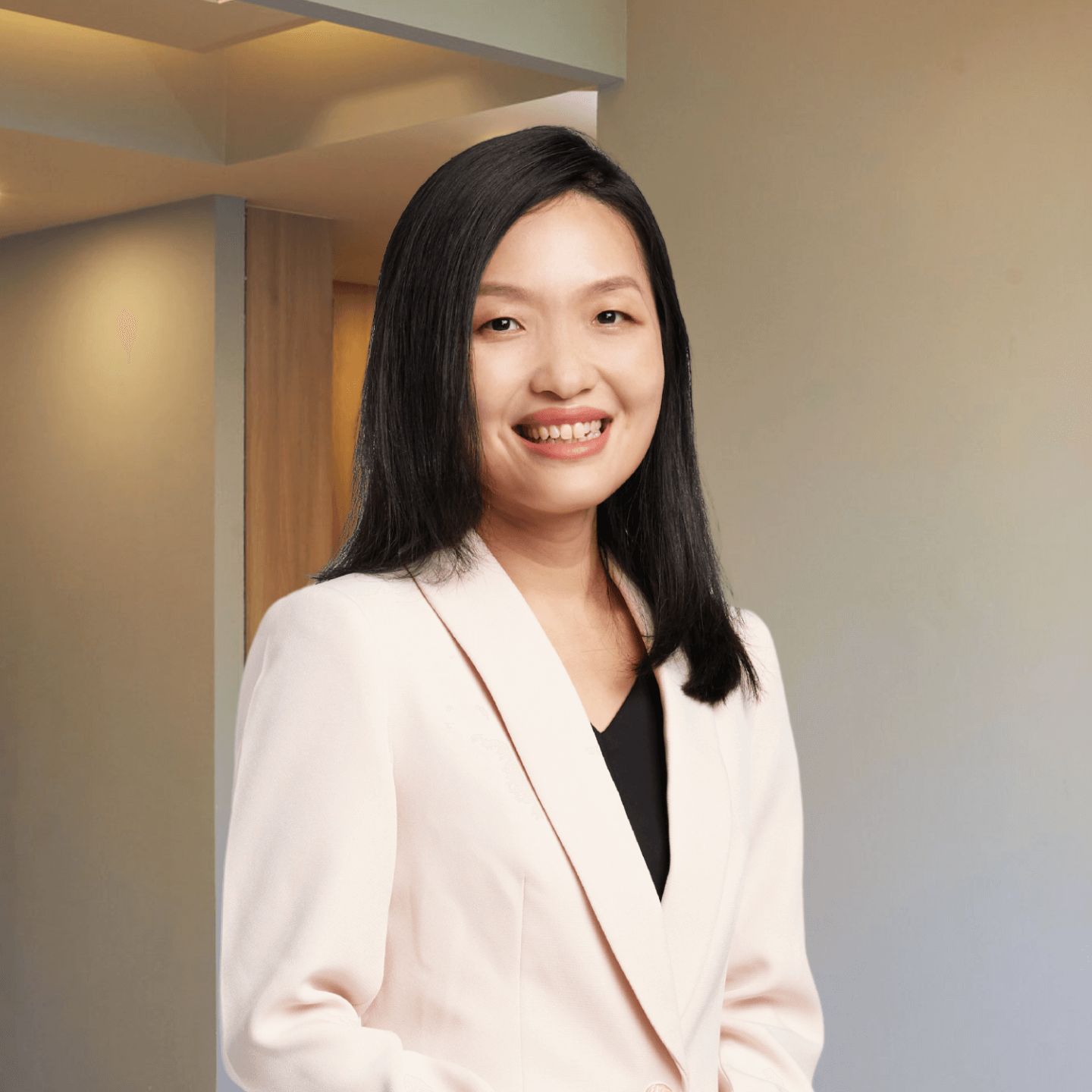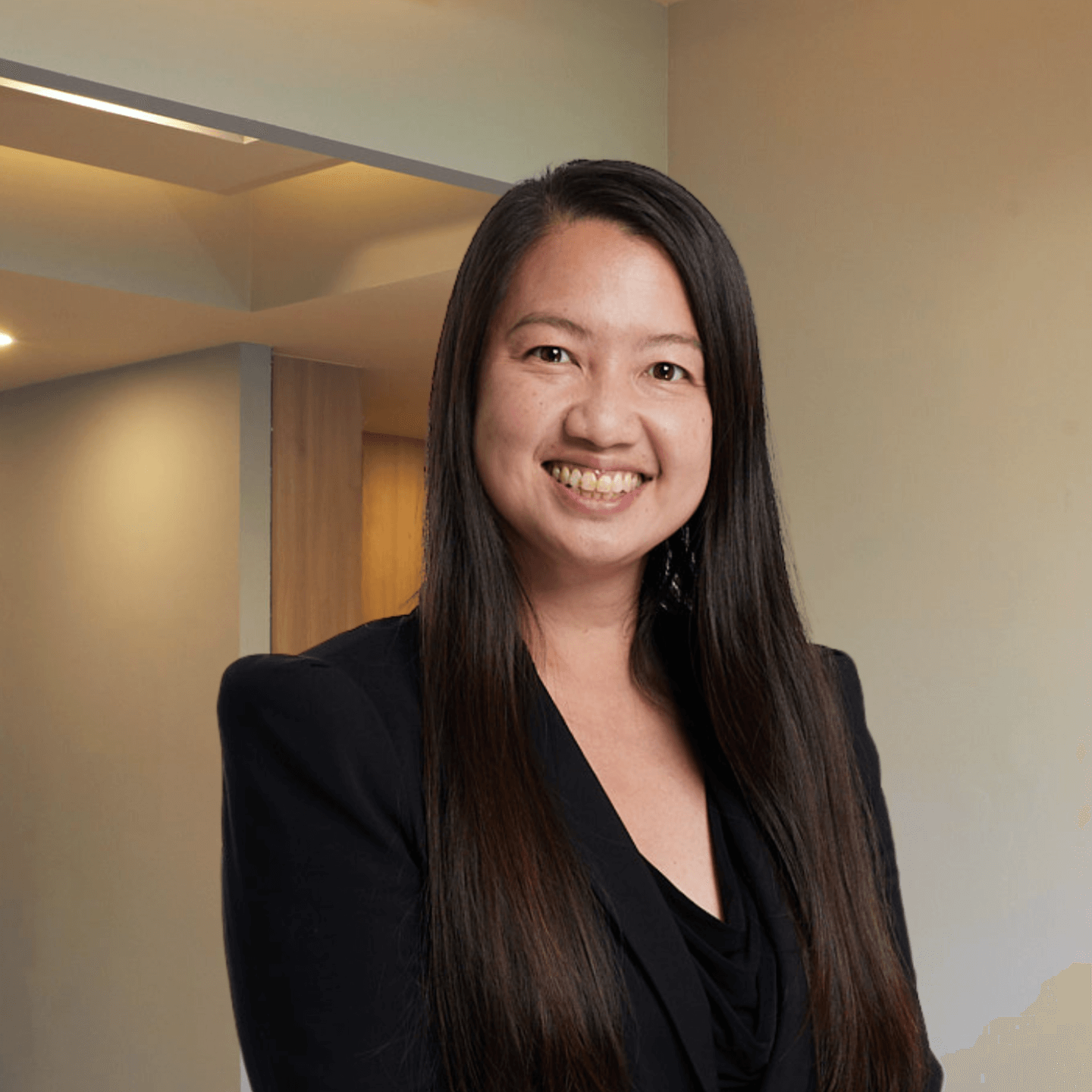Reasons for Breast Reconstruction Surgery
- Restoring breast shape and appearance after breast surgery
- Regaining self-confidence and body image
- Enhancing physical symmetry and balance
- Minimising the need for external prosthetics
Breast reconstruction surgery is a procedure that rebuilds the shape of the breast after a mastectomy, lumpectomy, or other trauma/damage to the breast.
The procedure aims to restore the appearance of the breast, while helping you regain self-confidence after a breast surgery.
Here are the various types of breast reconstruction surgery:
Implant-based reconstruction involves inserting saline or silicone breast implant under the chest muscle to recreate the shape of the breast. Suitable for patients with enough tissue coverage. Has a shorter recovery time than autologous reconstruction but may require additional surgeries.
Involves using the patient’s tissue, usually from the abdomen or back, to recreate the breast. Recommended for patients who do not have enough tissue for implants. Typically has a longer recovery time and can leave scars at the donor site.
Combination reconstruction involves a combination of implant-based and autologous reconstruction. Ideal for patients who need both implant and tissue reconstruction. Longer surgery and recovery times than either procedure alone.
Here is a list of factors that determine one’s eligibility for breast reconstruction:
Here are some factors to consider when choosing a breast reconstruction surgeon:
Look for a breast reconstruction surgeon who is certified and has completed specialised training in breast reconstruction surgery.
Consider surgeons with a good reputation and positive patient reviews. Ask for recommendations from your primary care physician or other medical professionals.
A good surgeon should be willing to listen to your concerns, answer your questions, and explain the procedure in detail. You should feel comfortable with the surgeon and their team before committing to the procedure.
The cost of breast reconstruction surgery can vary depending on the type of procedure and the surgeon’s fees. Contact us to learn more about the costs involved.
Here is a list of things you can expect before the procedure.
The cost of breast reconstruction surgery in Singapore can vary depending on several factors such as:
The surgeon’s fee varies depending on the complexity of the surgery and the surgeon’s experience.
Anaesthesia is necessary for breast reconstruction surgery, the duration and complexity of the surgery can influence the cost.
Surgery is typically performed in a hospital or surgical facility. The cost can be affected by the length of the hospital stay and the use of medical equipment.
There may be additional costs associated with breast reconstruction surgery, such as pre-surgical tests, medications, and post-surgical garments. These can vary depending on the individual’s needs and the specific type of breast reconstruction surgery performed.
All major procedures come with certain risks and complications as with any other surgery, including:
To ensure the best possible outcome, following a proper recovery and aftercare plan is essential. Here are some tips to aid in recovery:

Dr Jesse specialises in managing both benign and malignant breast and thyroid conditions, which also includes breast pain, breast lumps, breastfeeding problems, neck lumps, amongst others.
Her dual expertise in cancer removal and plastic surgery techniques expands the design of individualized treatments, leading to holistic patient outcomes.
Dr Jesse was part of the teaching faculties of both NUS Yong Loo Lin School of Medicine and Lee Kong Chian School of Medicine, where she teaches and mentors the next generation of medical students and trainee doctors.
Dr Jesse is recognized as an authority in breast cancer and thyroid surgery and a sought-after conference speaker.

Dr Felicia is actively involved in promoting breast cancer awareness. She has also been invited to give lectures and public talks on breast cancer related issues both locally and internationally.
Her clinical interest lies in treatment of breast cancer and the use of various surgical techniques to achieve the best oncologic and cosmetic outcome for her patients.
She is the pioneer of the procedure radioisotope occult lesion localisation (ROLL) in Singapore – which is used for locating non-palpable breast lesions and micro-calcifications for surgical excision.
She is also adept with the whole range of breast surgical procedures including vacuum assisted biopsies and endoscopic (key-hole) breast surgery for breast lesions.
For Singaporeans, Singapore Permanent Residents and Foreigners.
Please speak to our friendly clinic staff about using your insurance plans.
We are committed to providing a one-stop experience, where you’ll receive a meticulous consultation and high-quality service in a comfortable environment.
You can choose to have breast reconstruction either directly after a mastectomy (immediate reconstruction), or it can be scheduled after the healing of the mastectomy incisions and completion of the breast cancer therapy (delayed reconstruction). Your surgeon will evaluate your unique situation and advise you accordingly.
Breast reconstruction surgery can make it more challenging to detect breast cancer on mammograms and other breast cancer screening tests.
While every case is different, we aim to create a breast that looks and feels as natural as possible. However, there may be differences in sensation and appearance.
The ability to breastfeed after breast reconstruction surgery varies depending on the individual case and the type of reconstruction done.
Follow-up care after breast reconstruction surgery typically includes regular check-ups with your surgeon, mammograms, and breast cancer screenings.